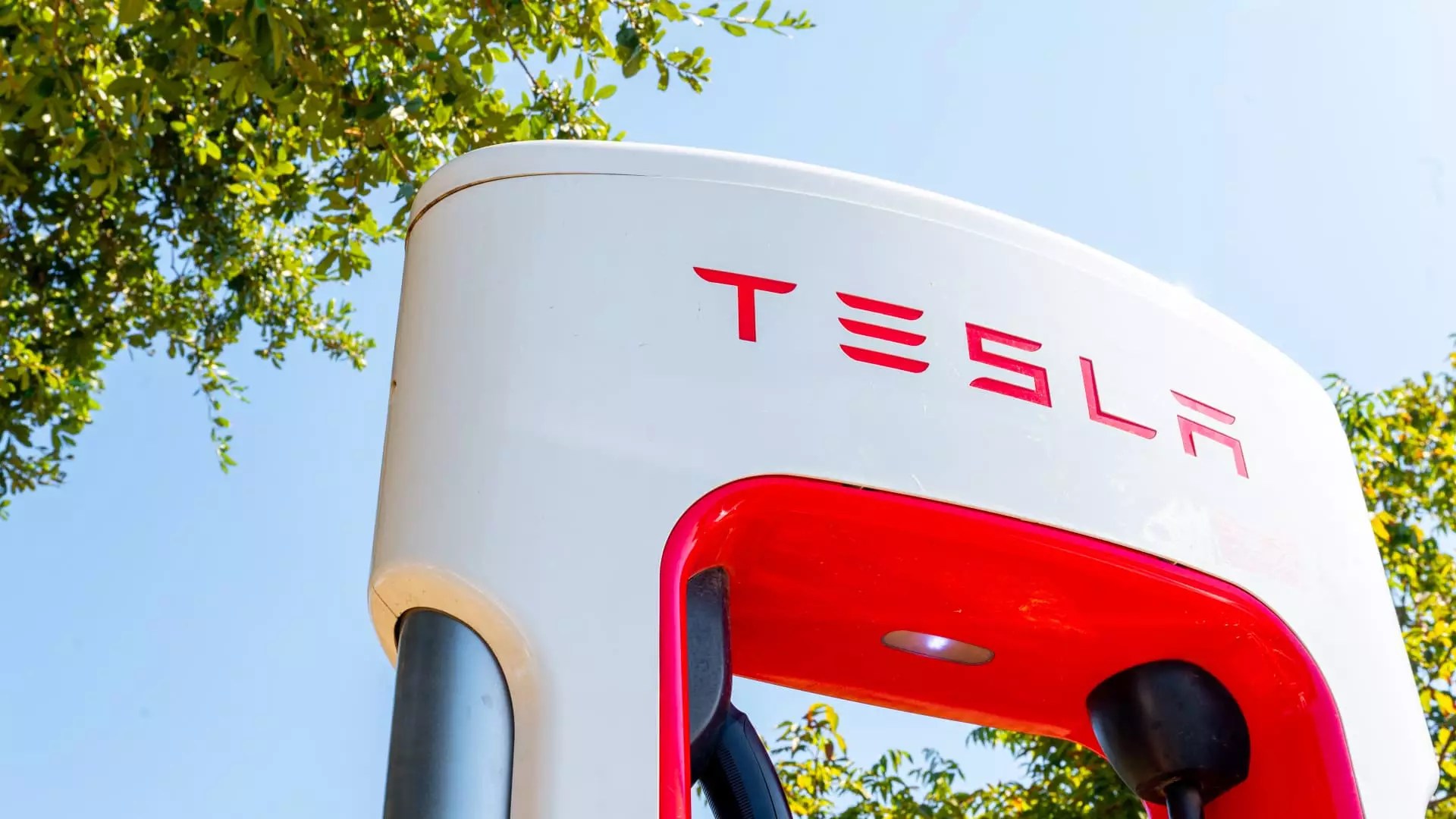In 2023, a tragic accident involving a Tesla Model S in Walnut Creek, California, has reignited the debate surrounding the safety and marketing of the company’s Autopilot technology. The family of Genesis Giovanni Mendoza-Martinez, who lost his life in the collision, has initiated a lawsuit against Tesla, asserting that the automaker’s “fraudulent misrepresentation” of its Autopilot system directly contributed to the fatal incident. This case not only highlights the personal tragedies that surround automotive accidents but also raises critical questions regarding the accountability of technology companies for their product claims and the implications of advanced vehicle automation on public safety.
The unfortunate collision involved a parked fire truck and was reportedly under the control of Tesla’s Autopilot feature at the time. The details are haunting: while Mendoza-Martinez lost his life, his brother Caleb sustained severe injuries, thrusting the family into a fight for justice and clarity. Suing in October a Contra Costa County court, the Mendoza family claims that Tesla has historically exaggerated the capabilities of its Autopilot system in an effort to create a façade of innovation that boosts the company’s market presence.
Following this, Tesla managed to shift the case from state to federal court, a move often perceived as advantageous for defense due to the heightened burdens of proof associated with fraud claims in the federal legal system. This venue change raises further questions about the dynamics of legal strategy employed by corporations when facing serious allegations. Tesla’s attorneys argue that the accident was primarily the result of the driver’s negligence rather than any misleading representations from the company.
Tesla’s Autopilot, featuring a partial suite of self-driving capabilities, exemplifies both the promise and peril of automated driving. On one hand, it represents cutting-edge technology that many believe can revolutionize transportation safety and efficiency. On the other hand, critics argue that the terminology and marketing surrounding Autopilot may lead consumers to incorrectly assume the vehicle is fully autonomous.
The Mendoza case comes amid heightened scrutiny from regulatory bodies, including the National Highway Traffic Safety Administration (NHTSA), which has been investigating Tesla’s safety claims since 2021. Ongoing probes are examining not just the Autopilot system but also Tesla’s public communications regarding the technology, raising alarms that they could misguide drivers to believe they are operating with a level of safety and autonomy that may not exist.
As Tesla navigates the complexities of this legal battle, it faces increasing competition from other companies in the autonomous driving sphere. Firms like Waymo and WeRide have already made significant strides towards operational robotaxi services, highlighting a crucial gap between Tesla’s promises and the real-world capabilities of its technology. This race towards full autonomy creates a paradox, as investor optimism fuels rapid development while the potential for accidents and litigation escalates.
Musk’s social media outreach, encouraging followers to demonstrate Tesla’s self-driving capabilities, raises ethical considerations about the messages sent to potential consumers. His comments can be interpreted as a push for engagement that overlooks the serious implications of accidents involving partially autonomous vehicles, thus further complicating Tesla’s public image in light of emerging legal challenges.
The Avenue of automated driving technology remains fraught with complexities that intertwine legal, ethical, and technological narratives. The ongoing case against Tesla is not merely a reflection of one family’s grief but serves as a critical case study in examining how corporate responsibility, consumer safety, and technological advancement interact in our rapidly evolving landscape.
As self-driving technology continues to advance, it will be imperative for automakers to maintain transparency and accuracy in their representations, ensuring that consumers fully understand the capabilities—and limitations—of their vehicles. The outcome of this lawsuit could have wide-reaching implications not only for Tesla but for the entire automotive industry and its approach to automation in the years to come.


Leave a Reply